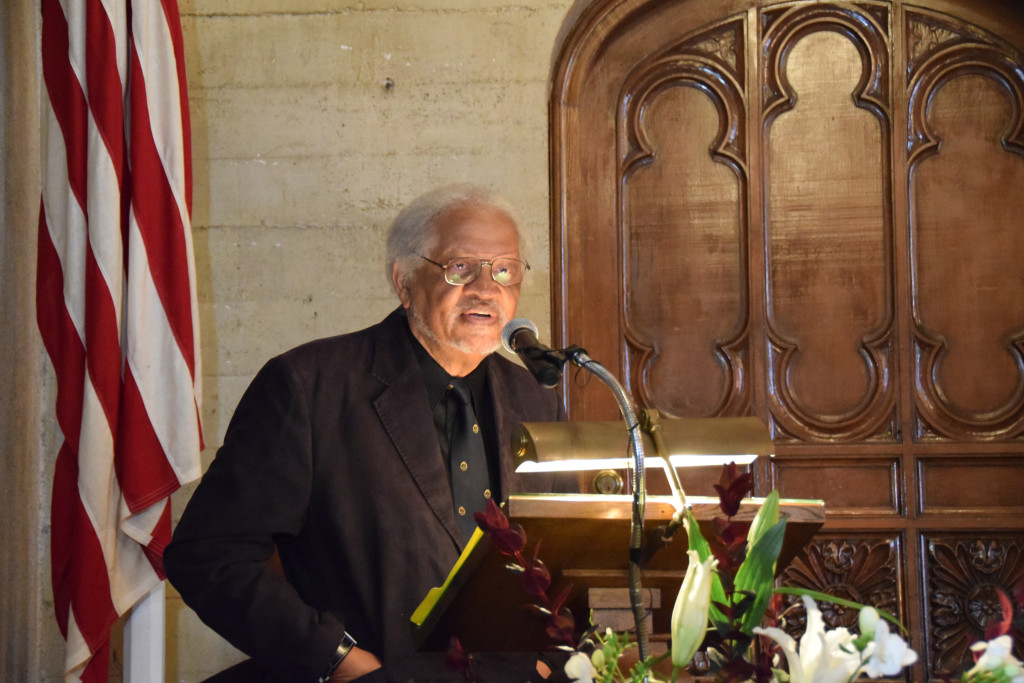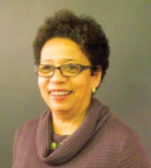I’ve been coming to these conventions since the very first one in the 80s. But the “convention” has evolved, as has the media itself. It’s more like a modest, yet big meeting. But still very valuable as it brings together veterans and young people who haven’t given up on journalism as a career, or as a way to make a difference.
The drive for diversity plays some role in that, but the young are less conscious about the civil rights aspect of journalism. Free speech? First Amendment? The new generation hates trolls slightly more than racists. (Sometimes they’re one and the same. But in this digital post-racial world, racism doesn’t quite compute. Until you experience it first hand).
Generational differences in perspective actually make AAJA more interesting. In DC, I said hello to old friends, some who met their spouses at AAJA, had babies while at AAJA. Some have kids who have entered journalism/media/writing.
My personal memory from my years of convention going? It’s not asking Connie Chung a question in an open meeting about her lack of involvement with AAJA. It’s not even our nice chat at the 2010 LA convention when we were both among the “Pioneers.” No, my personal AAJA story is about coming back from an opening night of the first Chicago convention, and then being forced to leave the next day.
I got a call. My mother had died.
AAJA. It’s journalism, life, and death.
These days at conventions, I speak more often to young people than the veterans. (Most of the best ones have retired, or like Dith Pran, have passed on).
In DC, I’ve met with young men and women who are working their way through the path we’ve left.
And with each one, comes a reminder of why we’re all in this game to begin with and why we stay.
We’re all yearning to have a voice.
This is the panel I was in, moderated by Phil Yu, Angry Asian Man, that discussed the Asian American community and the Media.


